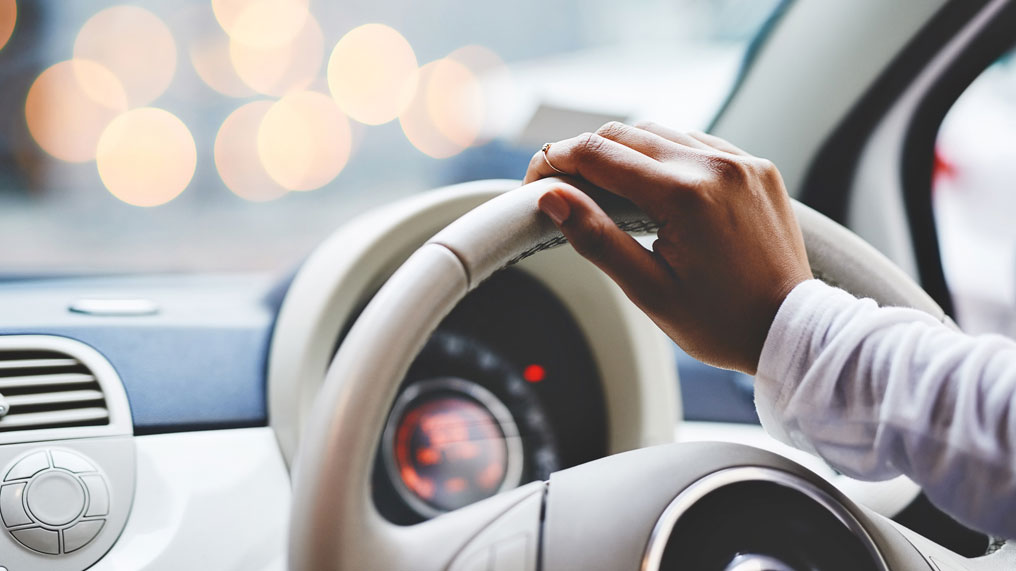Black box insurance, also known as telematics car insurance, is a type of car insurance premium that uses telematics technology.
A small black box device is fitted to your car and the data it processes helps your insurer understand how you drive and then adjusts your premium accordingly.
How does black box insurance work?
As the name suggests you have a small black box installed in your car, typically a plug-in that takes less than a minute to slot into place. This then records information about your driving via GPS and relays it to your insurer. Some areas that are assessed include:
-
Acceleration. Do you accelerate smoothly, or have a habit of flooring it? That tells your insurer a lot about your driving.
-
Braking. Do you maintain a proper distance from other vehicles, and keep an eye out for hazards while driving? If so then your braking should usually be controlled as you'll be moderating speed and distance. If your braking is sharp and hard then it could be you're not driving sensibly.
-
Cornering. Again, how you handle a corner tells your insurer a lot about your driving, especially alongside data on your braking and acceleration.
All of this information, along with other details about your driving, such as distance travelled and time of day, are monitored in real-time by the black box. You can review the details yourself, usually through a special login on your insurer's website or through a mobile app.
Your premium will be updated on a monthly basis to reflect your driving, so it offers a real incentive to drive carefully. By adjusting how you drive you can have a real impact on your premium.
Who should consider telematics?
Black box car insurance is for anyone who has passed their driving test and wants to pay for insurance based on their individual performance as a driver. That said, there are some specific groups who will particularly benefit from telematics insurance:
-
Young drivers (under 25)
-
Older but less experienced drivers
-
Infrequent drivers
These three groups typically have high insurance premiums, and black box car insurance offers people who fall under these groups the chance to be judged on their actual driving, not those of their peers.
Black box car insurance has changed the nature of car insurance, by allowing drivers to pay based on their own driving statistics, which is much fairer.




